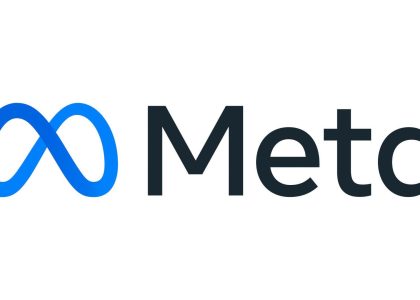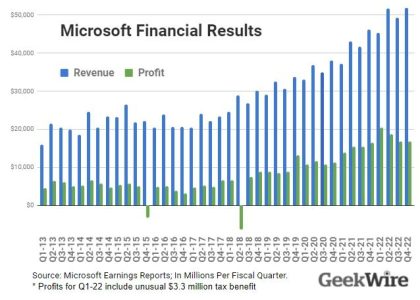



Meta is reportedly developing digital companions capable of engaging in conversations about sensitive topics, including sex, aimed at users of all ages. This initiative raises questions about the implications of AI interactions for children’s understanding of complex subjects.

Meta is set to revolutionize life aboard the International Space Station by providing astronauts with advanced AI models. These cutting-edge tools will assist in data analysis, enhance communication, and support research efforts in the challenging environment of space.

This week, all eyes are on the Magnificent Seven as Microsoft, Meta, Apple, and Amazon prepare to unveil their earnings reports. Investors anticipate insights into tech’s resilience amidst economic shifts, making this a crucial moment for market watchers.

In a bid to meet a looming deadline, Meta employees are clocking in weekend hours to finalize the development of their much-anticipated HUD glasses, scheduled for release this October. The push reflects the company’s commitment to innovation and timely delivery.

In a wave of renewed optimism, Jim Cramer highlighted Meta Platforms, Inc. (META) as a potential comeback story. With changing market dynamics and innovation on the horizon, Cramer suggests that the tech giant could soon capture investors’ interest once more.

In a thought-provoking statement, Meta’s chief AI scientist asserts that simply increasing the scale of AI systems won’t inherently enhance their intelligence. Instead, he emphasizes the need for innovative approaches to truly advance AI capabilities.

In a week marked by significant shifts in the tech landscape, Meta announced further job cuts, while Microsoft set a deadline for employees to return to the office. Meanwhile, Google and Intel made headlines with new work-from-office policies, reflecting the industry’s ongoing evolution.

In the shadows of the internet, a Meta moderator battles unrelenting trauma. Plunged into a world of graphic violence and harrowing abuse, he recounts his struggle with sleepless nights and loss of appetite, revealing the human cost of content moderation.